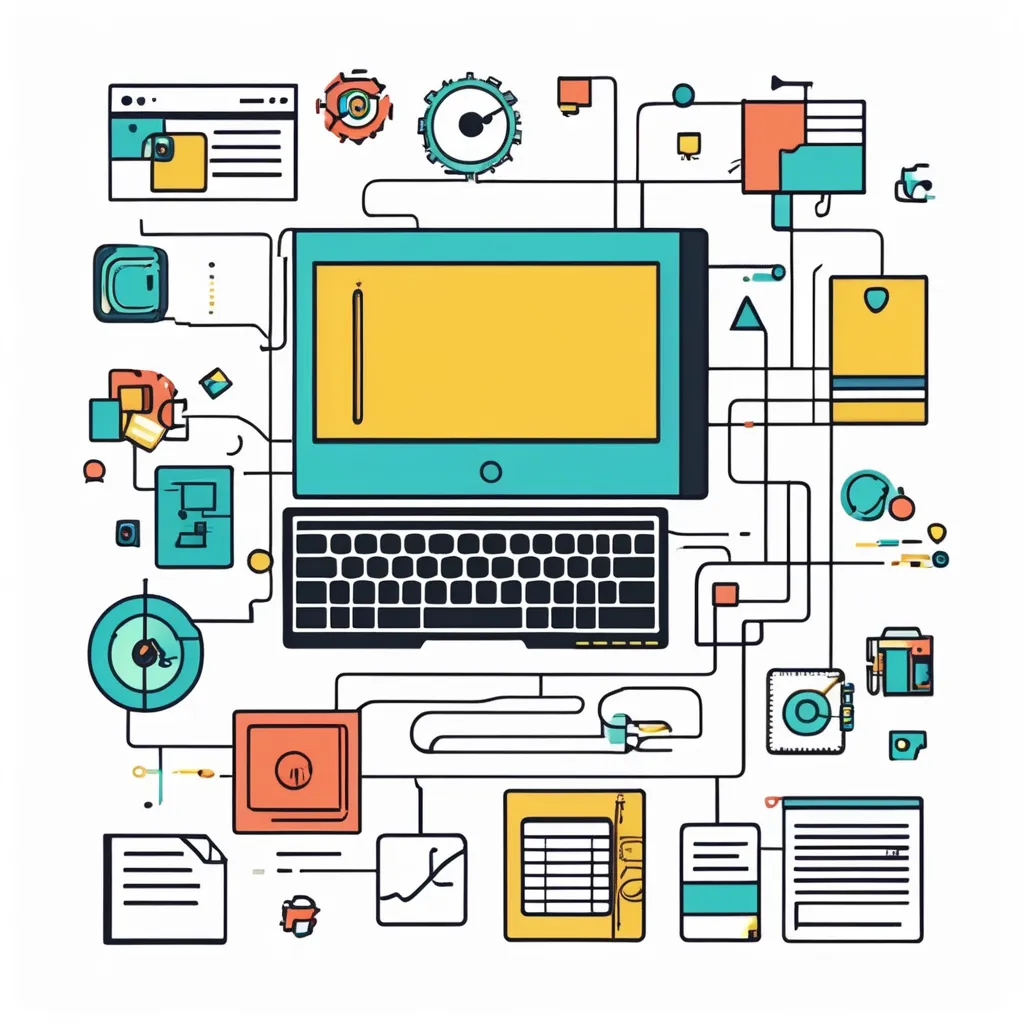The 21st century has seen the rise of technical skills and is currently the most sought after amongst individuals across different fields. Industries are also depending on technology to effectively push their business forward.
In this article, we will explore not just technical skills, also called hard skills, but also soft skills, also called interpersonal, people skills.
Technical skills

Technical skills, also known as hard skills, are qualitiles that can be acquired by gaining more knowledge in performing physical or digital tasks. Technical skills are required in just about every field and industry, ranging from IT to business administration to education to health and other diverse fields.
Technical skills to invest in:
- Data Analysis: Data analysis is the process of inspecting, cleansing, transforming, and modeling data to discover useful information, draw conclusions, and support decision-making. It involves applying various techniques and tools to convert raw data into actionable insights. Data analysis skills are useful in many jobs, especially for leaders and managers. If you become a data analyst, you will learn to visualize, extract, model, clean, and understand complex data. This helps key decision-makers use the data to create well-informed plans and strategies for their organizations.
- Software development: Software development is the process of creating computer programs or applications. It involves writing code, designing the software, testing it to make sure it works, and fixing any problems. The goal of software development is to make software that is useful and efficient for users. The need for software developers is growing because almost every industry relies on software to operate efficiently. Developers create, maintain, and improve software that helps businesses, governments, and individuals accomplish various tasks. As technology advances and more companies adopt digital solutions, the demand for skilled software developers continues to increase.
- Product design (UI/UX): Product design is the process of creating new products or improving existing ones to make them useful, attractive, and easy to use. It involves coming up with ideas, making plans, creating prototypes, and testing them to ensure the final product meets the needs of users.
- Project Management: Project management is the process of planning, organizing, and overseeing tasks to achieve specific goals within a set time and budget. It involves coordinating people and resources to complete a project efficiently and successfully. Project management also involves communication, risk management, and stakeholder engagement to make sure everyone involved is informed and any potential problems are addressed.
- Artificial Intelligence: Artificial intelligence (AI) is a field of computer science focused on creating machines and software that can think and learn like humans. It involves programming computers to perform tasks that usually require human intelligence, such as understanding language, recognizing patterns, and making decisions. Essentially, AI enables computers to mimic human abilities and improve over time through experience.
The skills listed in these section of the article is not limited as there are more in-demand skills like Digital marketing, Content creation.
Soft Skills

Soft skills, also know as interpersonal, people skill, are personal attributes and social abilities that help individuals interact effectively and harmoniously with others. Soft skills are broadly applicable across various roles and industries.
Soft skills to acquire:
- Communication: Effective communication is key to building strong relationships with colleagues, clients, and stakeholders. It means not just sharing messages clearly, but also understanding others’ needs and responding to feedback. Employers value people who can create good relationships and work well with teams.
- Leadership: A good leader inspires their team to do great things. They set a clear vision, communicate it well, and create a culture of responsibility and high standards. Most importantly, they motivate and guide team members to reach common goals.
- Teamwork: Teamwork means working together with others to reach a common goal. It involves good communication, collaboration, and commitment. People who work well in teams are more likely to achieve their goals and help their organizations succeed.
- Time Management: Time management is about setting priorities, organizing tasks, and using your time wisely. It requires discipline to stay focused and avoid distractions. Good time management helps prevent stress from missed deadlines and makes you appear reliable and efficient, which can make you stand out at work.
- Problem Solving: Problem-solving means finding different ways to handle challenges and opportunities. This skill helps you make better decisions by analyzing situations and choosing the best solution. As a result, teams can accomplish more in less time.
The skills listed in these section of the article is not limited as there are more in-demand skills like Emotional Intelligence, Conflict management, creativity, Adaptability.


